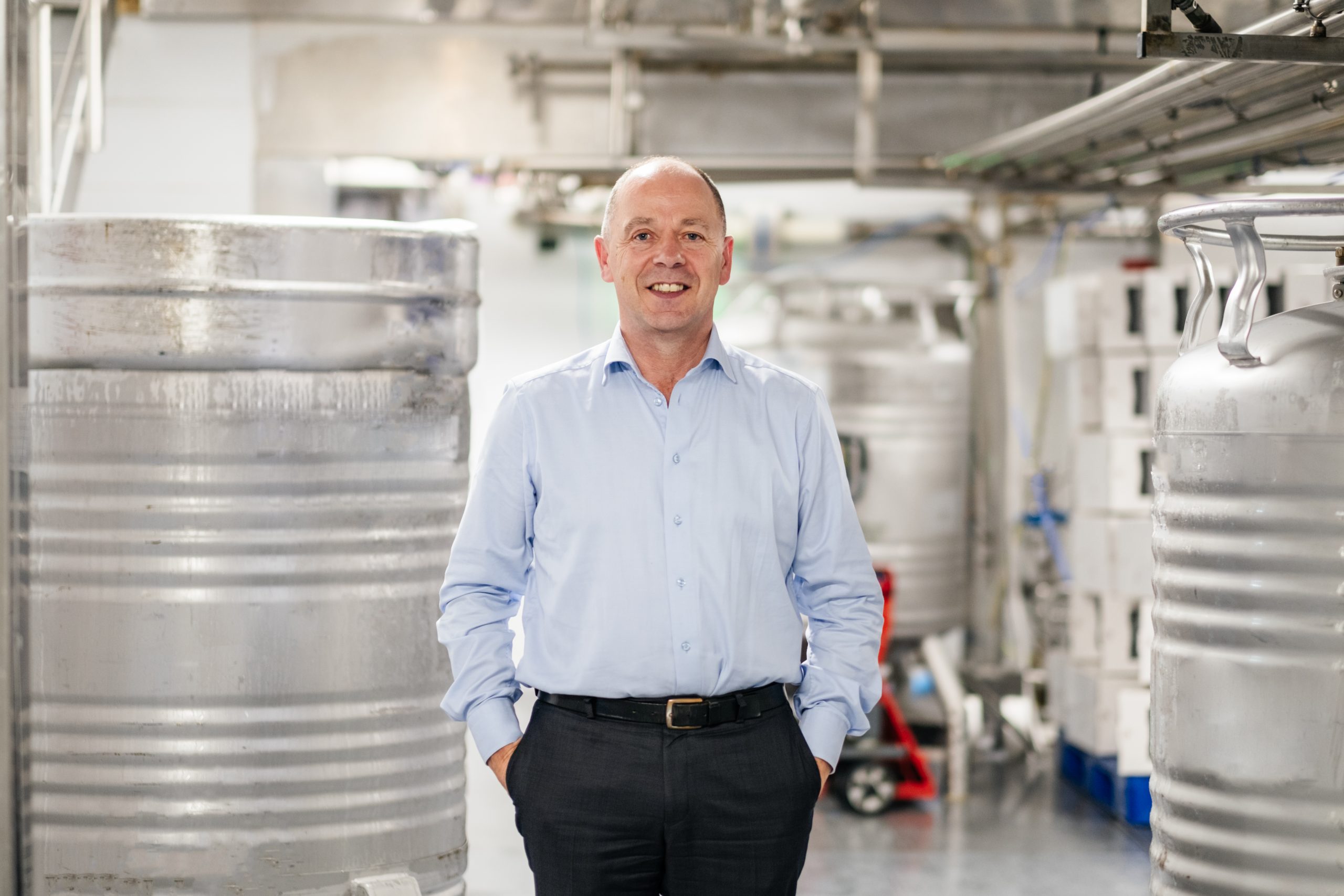Since it saw a surge in demand for its products at the start of Ireland’s nationwide lockdown, Co Offaly family business Glenisk has not only retained all its staff but also taken on new hires without having to turn to any financial support from government sources. While it continues to launch new products, the dairy foods manufacturer is about to break soil on a €3 million expansion at its HQ in Tullamore. One could say Glenisk is bucking the trend. But then, this seems to be something it has been good at for quite some time. Managing Director Vincent Cleary…
Cancel at any time. Are you already a member? Log in here.
Want to read the full story?
Unlock this article – and everything else on The Currency – with an annual membership and receive a free Samsonite Upscape suitcase, retailing at €235, delivered to your door.

